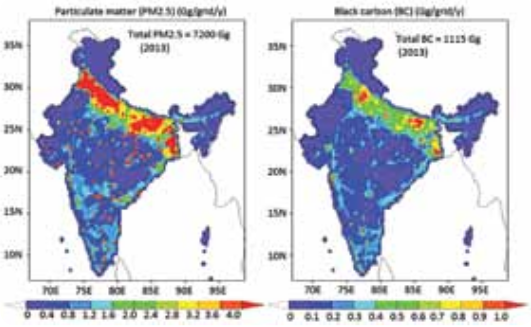Energy, Climate and Sustainability

Ongoing research in the Energy, Environment and Sustainability area, addresses non-fossil energy, industrial energy, climate and environment. In the area of energy, major research topics under investigation are: Biomass and biofuels, Fuel cells, Solar thermal power, Process modeling and energy analysis and Combustion systems. In the area of biomass and biofuels, research addresses challenges at different scales. This includes work on improving biomass productivity through metabolic engineering, enhancing fuel production and selectivity through enzyme improvements, and achieving techno- economic feasibility through optimization approaches. In the area of fuel cells, research is aimed towards better selection of electrode materials by understanding processes that influence performance degradation. Work in the area of solar thermal power plants is focused in solving the challenging control problems in the domain. In industrial applications, work is mainly focused on industrial process modelling and energy integration as well as risk analysis. Research is also being carried out on in-situ coal gasification and biomass combustion under the theme of combustion systems.
In the broad and cross-cutting area of environment, which includes climate and sustainability, highly complex systems are being studied through phenomenological understanding and modeling of atmospheric constituents and transport, statistical methods for understanding and reducing uncertainty and complex systems-based modeling tools. The specific topics under investigation are: Climate, Sustainability, Water pollution, and Carbon capture systems.